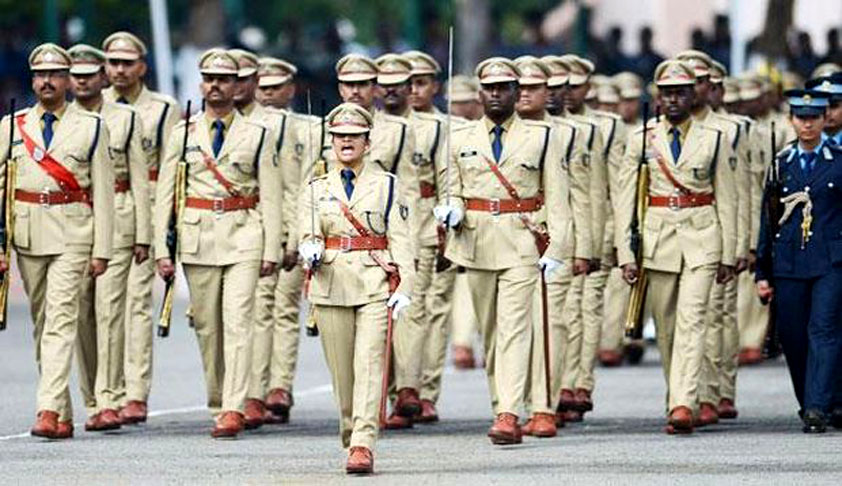SC agrees to hear petition demanding protection of Fundamental Rights of the Police
Apoorva Mandhani
6 July 2015 10:22 AM IST

Next Story
6 July 2015 10:22 AM IST
A Supreme Court of India Bench headed by Chief Justice H.L. Dattu has agreed to hear a Public Interest Litigation filed for protection of Fundamental Rights of the Police personnel of the country. The Court has issued notices to the Centre and all states seeking their stand on the issue within four weeks.The Petition, filed by Supreme Court lawyer, Manish Kumar, demands issuance of a Writ...
